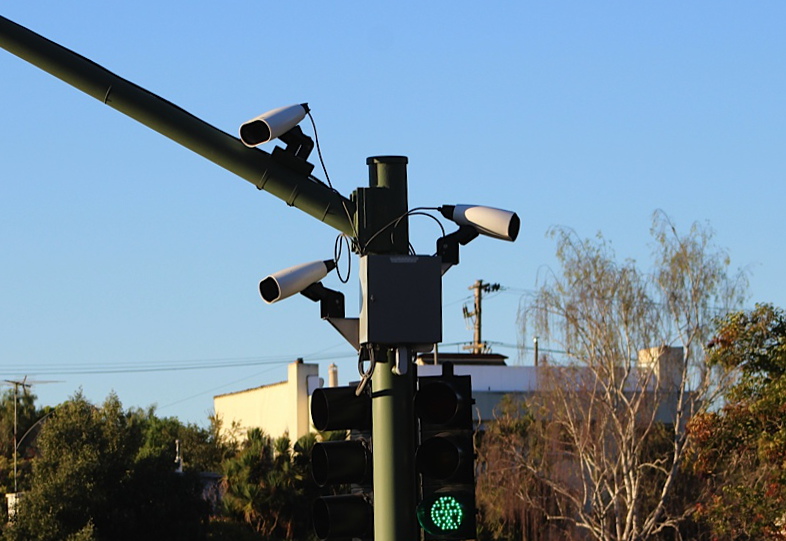The Oakland City Council Public Safety Committee has tentatively rejected Police Chief LeRonne Armstrong’s bid for the continued use of automated license plate readers to solve crimes.
Councilmember and Chair Carroll Fife and Vice Mayor Rebecca Kaplan voted to send the request back to the city’s Privacy Advisory Commission before the committee considers the idea again. Fife said she needs more time to decide.
Councilmember Treva Reid abstained from voting and Councilmember Noel Gallo was excused.
The item was sent back to the commission by the City Council in May of last year.
“We’re at an impasse,” Armstrong said.
The Police Department is unable to produce the data that the Privacy Advisory Commission wants because police have outdated software to produce it.
The chief said under his command the Police Department has provided everything it can to the commission.
But Oakland’s Chief Privacy Officer Joe DeVries said the commission has other concerns besides the data from police. Police were authorized to keep data collected from its readers for six months. Then police started keeping it for two years, he said.
The Police Department was also late on reports it needed to provide to the commission.
Results vs. science
Armstrong went on to argue that automated license plate readers are effective in Oakland, even though scientific studies cited by the commission say readers in general are ineffective.
Deputy Police Chief Drennon Lindsey told the Public Safety Committee that police have recovered $500,000 worth of stolen vehicles in the last two years or about 20 cars if they cost $25,000 each.
In 2020 alone, the number of vehicles stolen in Oakland was 8,550, according to police data.
Lindsey also told the committee readers provide useful data to police. Over the last two months police have used the readers to locate suspect vehicles and police need to leverage technology because they are understaffed.
But Fife asked how police will use the readers, which are mounted on police vehicles, if police do not have the staff to drive the vehicles.
Brian Hofer, chair of the Privacy Advisory Commission, said a person can do what automated license plate readers do just as effectively.
But Armstrong said using the human eye may lead to racial disparities in policing in Oakland. He said crime fighting will be impacted without the use of the readers.
Upgrades sought
Police want to spend $16,000 to upgrade the license plate reader software so it can produce the data the commission wants. Later police may need $500,000 to upgrade the entire license plate reader system.
“The equipment is not working,” said Sameena Usman during public comment, senior government relations coordinator for the Bay Area chapter of the Council on American-Islamic Relations. “It doesn’t justify a half-million-dollar investment.”
Automated license plate readers are currently deployed on 21 police vehicles in Oakland.
The readers are considered surveillance technology, which falls under the purview of the Privacy Advisory Commission. The commission was established to provide facts to the City Council about surveillance systems, which have the power to limit the constitutional rights of residents and citizens.
The next meeting of the commission is Oct. 6.
